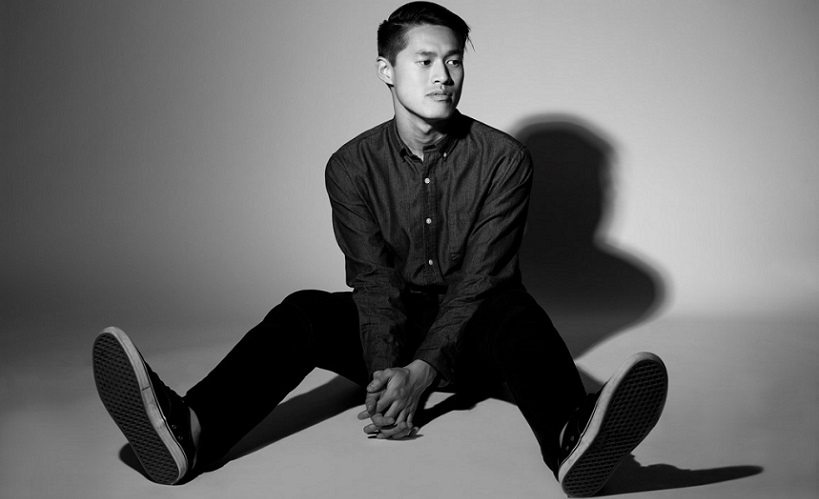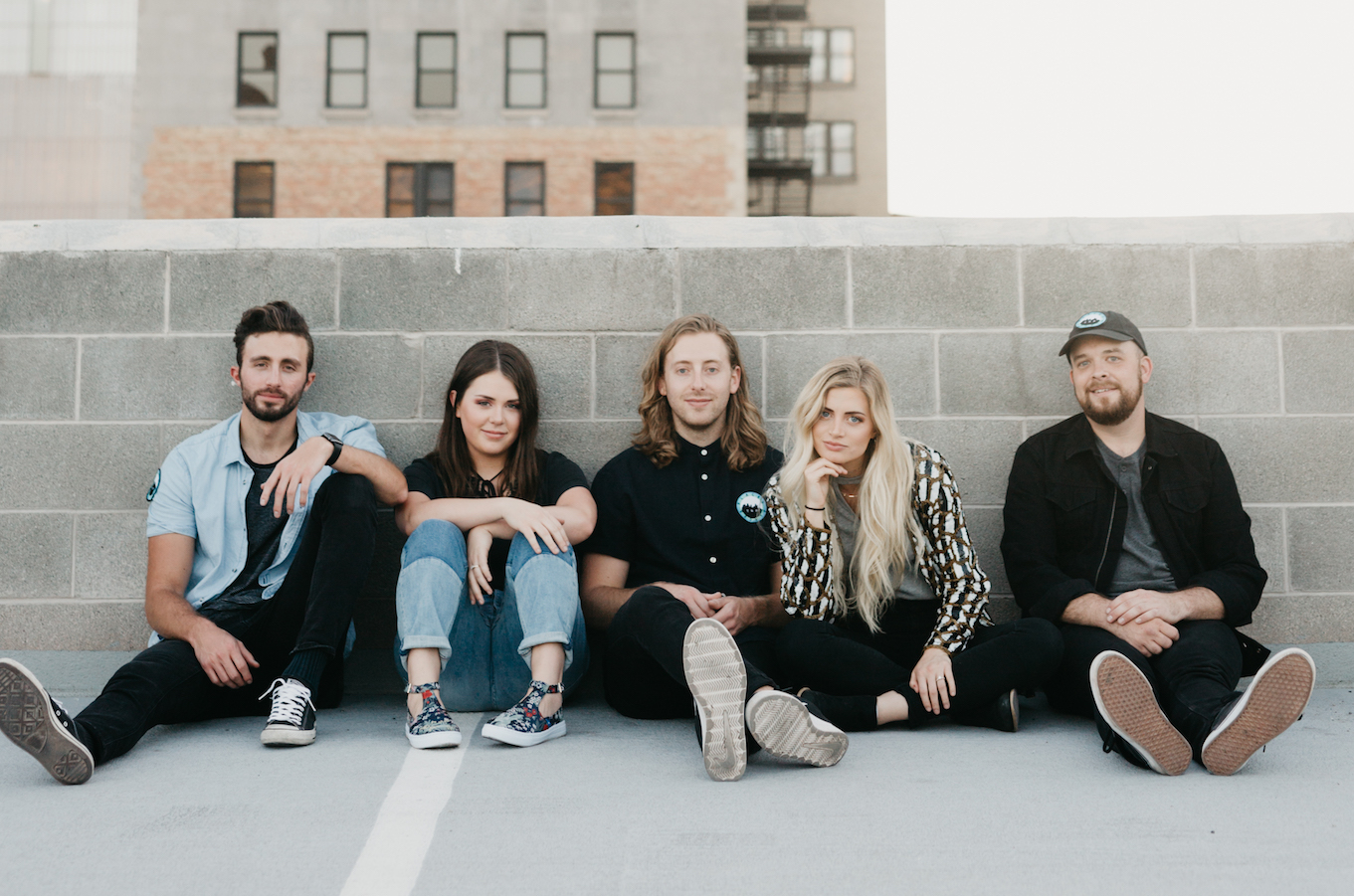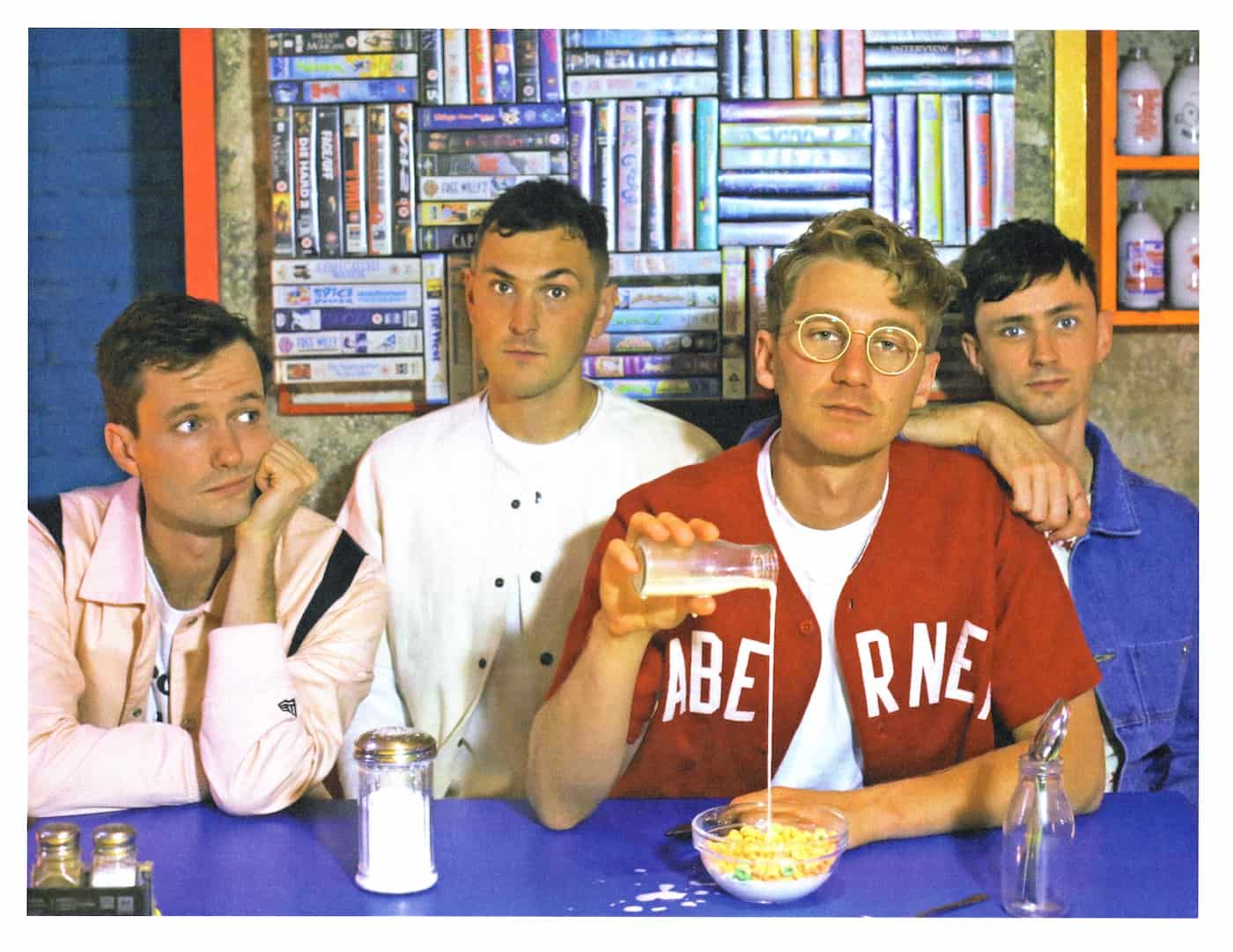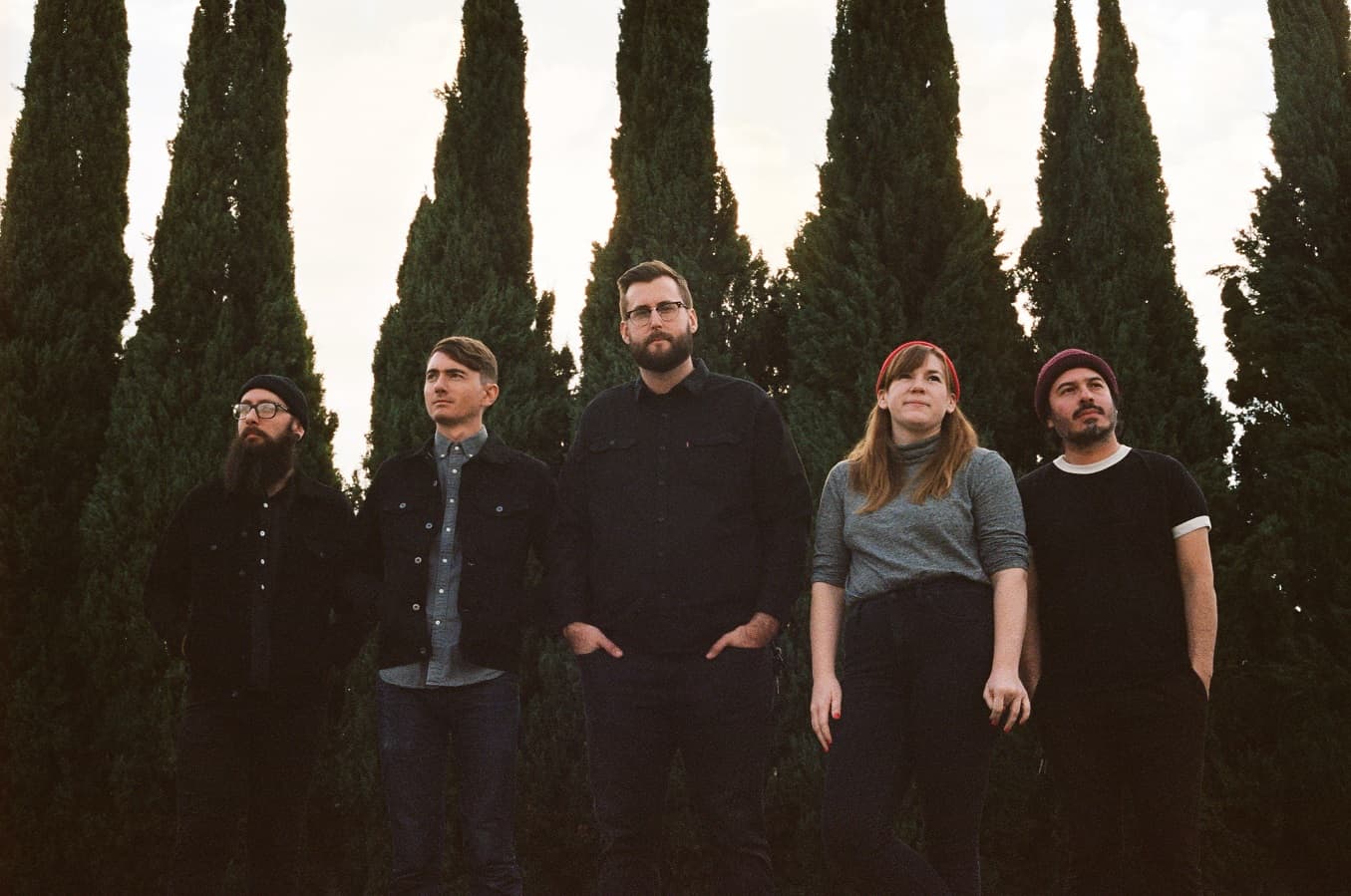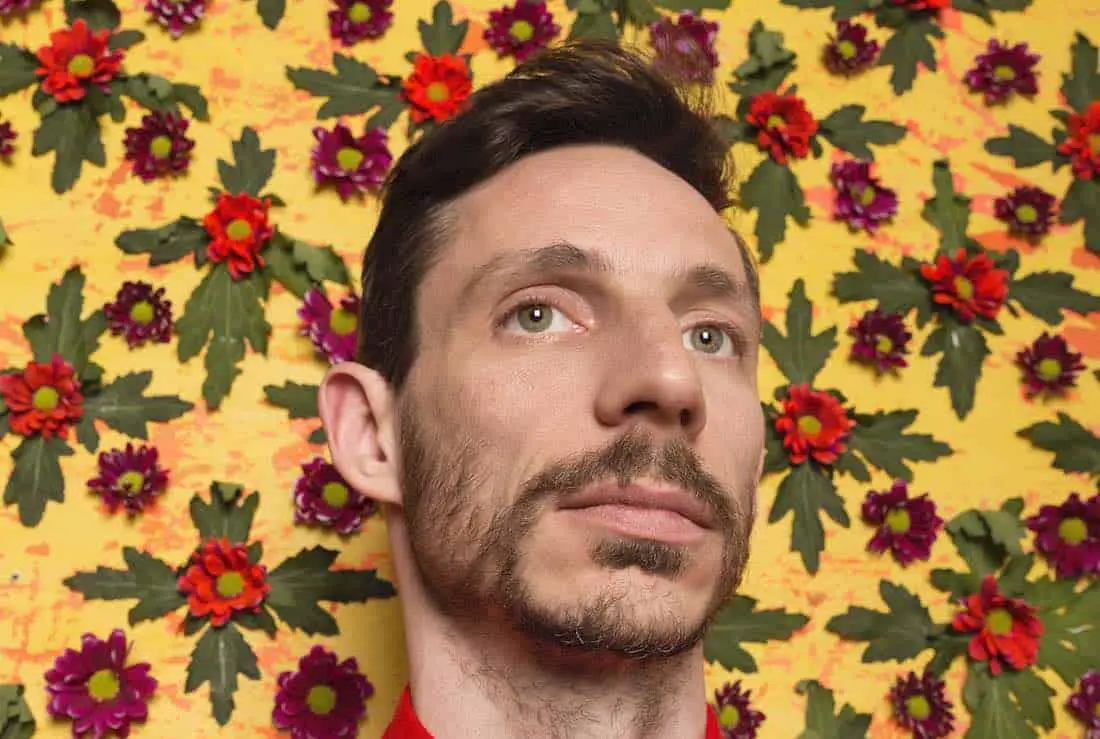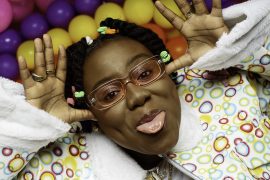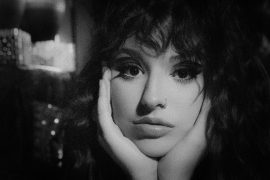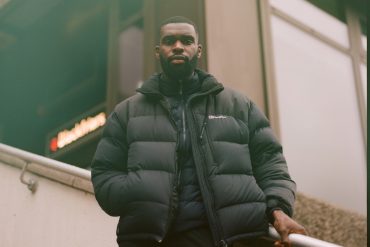ZHAO, the stage moniker for LA-based artist Kenny Zhao, finds himself precariously situated within a musical landscape that is ever-evolving, as the genre within which he has created his sounds is undeniably sychophantic. Yet the sun-dripped melodies laced with whirring synths that engulf ZHAO’s newest EP, Ride (out today, October 27), feel definitive and special.
There is a soothing familiarity in ZHAO’s music; a charmed duality of intriguing freshness and tender sympathy, like when you embark on a new adventure with an old friend or lover. ZHAO’s lyricism feels anecdotal and narrative, while his instrumentation remains sonically striking. You can connect with ZHAO, because he wants to connect with you.
“When I began to see it [music] as a way of reaching out to people and inspiring them to do the same,” ZHAO says. “That’s when I started pushing past my comfort zone, when I started getting up every day before the sunrise to work again.”
Watch: “Lifetime” – ZHAO
A CONVERSATION WITH ZHAO
Atwood Magazine: Your sound feels very reminiscent of 80s synth-pop, and has a rather dream-like quality about it. Do you have any specific influences that have impacted this sound?
ZHAO: Actually I don’t listen to a ton of 80s synth-pop, but maybe that’s why I’m so fascinated by it. I tend to have a fairly short attention span when it comes to musical exploration, so this EP captures me at a time when I was beginning to discover analog synths, drum machines – all the things that make up synth-pop track. It’s fresh territory for me! I’ve had an unhealthy attachment to perfection ever since my early years with classical piano, so I guess the polished aesthetic of 80s synth pop also just appeals to me naturally. Many of the artists from that era – Gary Numan, Laurie Anderson, Bowie – wrote about the cost of that perfection, and what we lose when we try to control every aspect of our lives. And of course, that conversation hasn’t gone away. It’s only become more deeply ingrained in our daily lives – in the things we expect from the people around us, and the expectations we pile on ourselves. If I had to pick an era to allude to, I’d say the 80s is pretty appropriate.
This year in particular I’ve grown a lot – not only as an artist, but as a person – and much of that has to do with taking time to listen to people, enjoy the present, and let go of both fears and expectations.
What is the song-making process typically like for you?
ZHAO: I get very excited about the arrangement of music – how a voice enters against a particular instrument, or how a bass line completely changes the feel of a chord progression. So I often have an idea I want to try, and then I spend time arranging and rearranging it. Whether that sonic idea evolves into a song depends on if the idea interests me on an emotional level. I have to switch hats often, because what interests me as a producer is not always right for me as an artist. I have a fairly simple approach to songwriting. I try to make sure the words feel right against the arrangement before considering what they mean, which is why it’s so important that I work with beats that subconsciously pull me in the right direction lyrically. It’s also why I’ve never written without a beat in mind. For me the two are inseparable, although once a song is finished I have no problem putting it to different chords or rhythms. Figuring out when to stop working on a song can be tough, so I try to follow any signs that I should move onto the next step. Because I do everything myself, it can be easy to want to go back and adjust a vocal, or iron out a bass line. But these days I prefer completing music over imagining it, so the aim is to have a song finished before I lose my own excitement.
Personally, I love the tracks 'Ride' and 'Lifetime.' Of any of your songs, do you have a favorite track, and why?
ZHAO: The title track “Ride” holds a lot of significance for me. This year in particular I’ve grown a lot – not only as an artist, but as a person – and much of that has to do with taking time to listen to people, enjoy the present, and let go of both fears and expectations. Of course, it’s not like I’ve now reached some perpetual, guru-like state of peace – I catch myself getting stressed for unnecessary reasons all the time. So I wanted to write a song that would remind me to embrace the present, and hopefully help others reach that point too. That’s also why I named the EP Ride – we can always use a reminder.
Listen: “Ride” – ZHAO
Following up on a favorite track, your songs have a strong narrative quality about them. Do you have a favorite lyric from any of your songs, past or present?
ZHAO: Thank you for noticing! I’d say “Passing of Time” is lyrically one of the densest songs I’ve written, and because it was about a very specific emotion I enjoyed finding the right words for it.
“A steady husband, a beautiful job / rehearse, rehearse the lines until you
reap true emotion from these things”
– “Passing of Time”
I don’t want to get too deep into the meaning of the words – I’d prefer listeners to have their own experience with them. But I will say that the song is about the fears that come with falling in love. Who am I to someone? What do I need from someone, and what do I have to give?
Listen: “Passing of Time” – ZHAO
You've just released your newest EP, Ride – what was the thought process in terms of picking which tracks would end up on it?
ZHAO: I started working on the Ride EP around the same time I fell in love with my girlfriend. So as each track began to take shape (there were originally five), it became clear that the project would be about that topic. Once I had the concept down, I wrote the tracks to fit the EP. I realize that not everyone makes records this way. But I think because I have so many musical interests, it’s important for me to establish some common threads to follow when I’m working on multiple tracks at a time.
The music I create as an artist is a reaction to my experience as a person in the world, and my artistic curiosities enrich my connection to the world in return.
Was there a pinnacle moment that made you decide that you wanted to pursue music as a career?
ZHAO: Technically I’ve been pursuing music my whole life. I started playing piano when I was five, picked up guitar and viola in high school. Studied composition, sound design, and pop music theory in college. When I moved to LA I worked freelance for several years, and for a while I figured using my natural musical ability would be the key to my success and happiness. But I wasn’t getting anywhere. I wanted to prove myself in multiple areas, but I was unwilling to compromise. It took me over a year to even realize that I was describing what an artist does – I was simply unable to see myself as the pilot of my own creative journey. My only explanation for that is that I never saw an Asian American artist before. My turning point is when I realized it was bigger than just playing an instrument skillfully, bigger than selling jingles for a paycheck. When I began to see it as a way of reaching out to people and inspiring them to do the same – that’s when I started pushing past my comfort zone, when I started getting up every day before the sunrise to work again.
Why does music matter to you?
ZHAO: I think when you find your passion in life and pursue it wholeheartedly, it becomes a lens from which you view the world and grow as a person. So when I say music is my life, I mean that in a fairly literal sense. The music I create as an artist is a reaction to my experience as a person in the world, and my artistic curiosities enrich my connection to the world in return. I’ve been watching Chef’s Table on Netflix. If you’ve ever seen it, you know that every single one of those world-class chefs believes to their very core that they are changing the world with their food. I think everyone deserves the opportunity to find something worth pursuing with that level of conviction. I’ve found that for myself, and it’s the most empowering force in my life.
Do you think that 'success' is measurable?
ZHAO: Success is something I measure against myself – it’s not something I look for from other people or things. I certainly have an idea of what success would look like, but if LA has taught me anything, it’s that seeing is not always believing. So I have ways of measuring my own success – performing certain shows, reaching more people – but I try to see them as only tangentially related to personal growth. And I’m far more interested in personal growth. That’s not to say that outside influences can’t persuade you to feel a certain way, but I think ultimately the conditions for success and failure rest in our own hands. The sooner we recognize that, the happier we’ll be in the long run.
What do you want people to take away from you and your music?
ZHAO: That I care deeply about it, and mean everything I’m saying. As a listener I’ve always felt that as long as an artist has clearly put care and effort into their work, it’s worth listening to at least once. I don’t have any desire to try to influence anyone’s opinion beyond that – people like what they like. But I think I’ll be happy as long as they judge it from a place of sincerity. I was listening to Arcade Fire’s album a couple weeks ago, and I heard some tracks that really made me think, “what are they doing?” But I’m still going to their show this month, because I believe they do things for a reason. I hope that one day my music will command that kind of trust.
What's a fun fact about you?
ZHAO: I love to cook; I think it’s super therapeutic. Making music can be a very nebulous business – you never know 100% when you’re finished, and it’s easy to overthink. Cooking has more defined results, and it’s more tactile, so I like to use it to wind down. I’m a big fan of indie games as well. Before switching over to music I worked for a small iPhone game company that made audio games for deaf people. I’ve always wanted to incorporate games into my aesthetic. There are some beautifully-designed games out there that I’d like to use as visual reference (Kentucky Route Zero, Transistor, Hyper Light Drifter, Hotline Miami).
— — — —
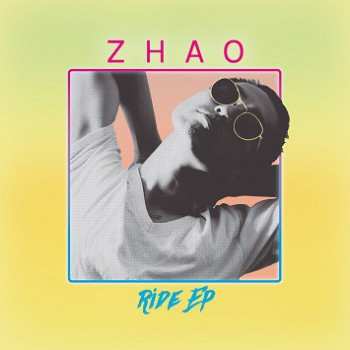
:: stream / purchase Ride EP ::
Connect with ZHAO on
Facebook, Twitter, Instagram
Discover more new music on Atwood’s Picks
:: Ride EP – ZHAO ::


